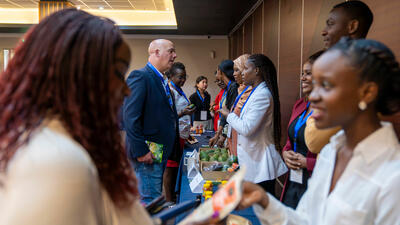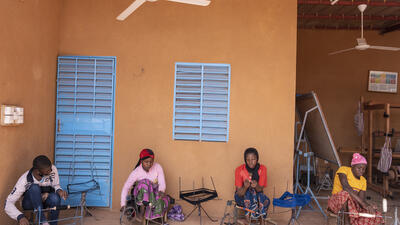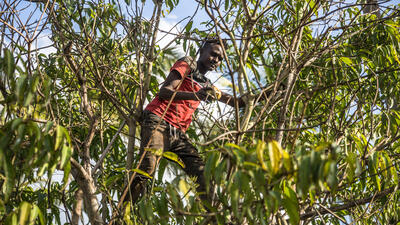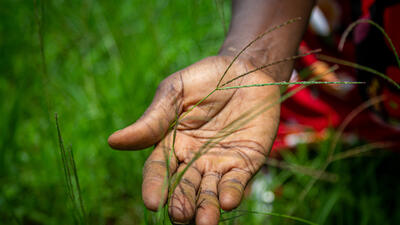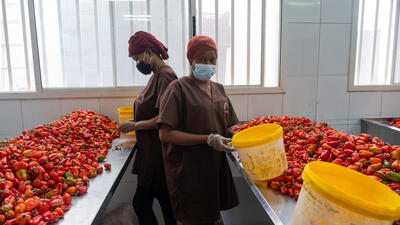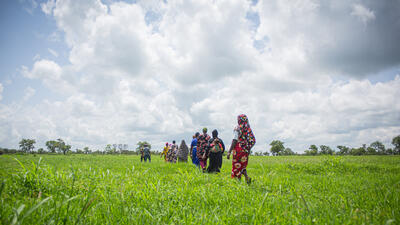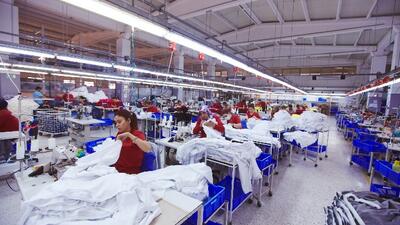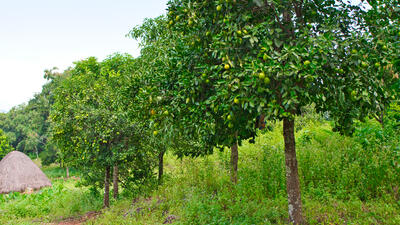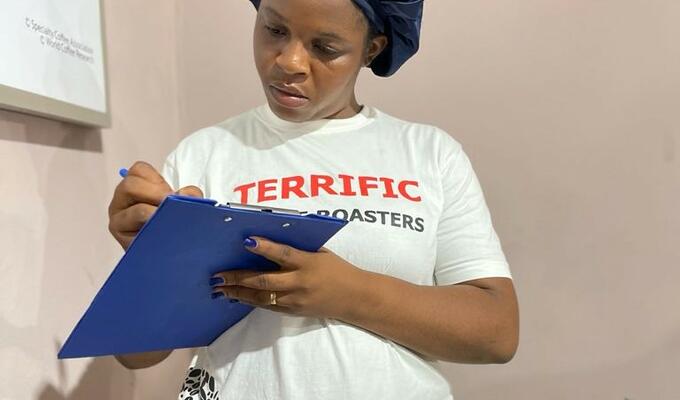
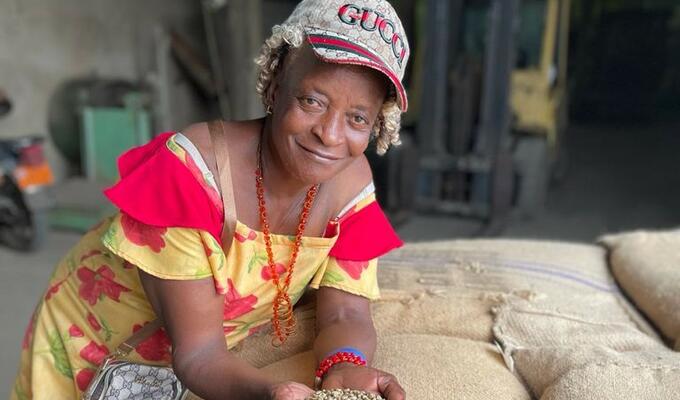
Women and youth take centre stage in African coffee
Women from across the African coffee sector analyse challenges from seed to cup and look at how they can engage women and youth to address them.
Coffee is a sector with huge growth potential – and women and youth play a crucial role in its agricultural operations. Today, they are actively planning their participation in the coffee industry from seed to cup to build sustainable and competitive coffee businesses.
On 10 February, the International Trade Centre’s Alliances for Action programme hosted a hybrid event i on ‘Gender and youth in the coffee value chain’, hosted in partnership with the Agency of Robusta Coffees from Africa and Madagascar (ACRAM). In line with the programme’s objective of building inclusive, sustainable food systems, the event counted on the active participation of woman youth and men representing all stages of the coffee value chains. It highlighted opportunities and ways to overcome inequities and obstacles women and young people experience in the coffee sector.
Over 60 women from different segments of the coffee value chain, from Cameroon, Gabon, the Democratic Republic of the Congo, Ghana, Liberia and Togo discussed the role and potential of women in coffee processing and marketing, and the potential of youth in driving the sector forward.
The workshop was a unique opportunity to analyse tailored solutions related to gender issues that affect the quality, reliability, and trust in the coffee value chain. An additional training session provided participants with strategic tools for setting up a roadmap that will enable them to create a platform for exchanges and partnerships to connect women and youth in the ACRAM space.
Hilary Barry, Project Gender Expert for the International Trade Centre, highlighted the importance of engaging women at all levels of the coffee value chain for a competitive coffee sector. Uniting in this push for women empowerment will also be crucial, she said, as will building alliances across roles and countries.
Honorable Patricia Tomaino Ndam Njoya, Founder of ‘La Maison du Café’ and President of ACRAM’s Gender Promotion Committee, closed with a hopeful message:
“Today, with the ITC-ACRAM project, we are already on the right track to become champions in terms of production, competitiveness and inclusion of women and young people in the coffee sector.”
The ACP Business-Friendly Programme
The ACP Business-Friendly programme is funded by the European Union and the Organisation of African, Caribbean and Pacific States (OACPS) and jointly implemented by ITC’s Alliances for Action programme, the World Bank and UNIDO.
The programme promotes the equal participation of women in coffee at production, processing and governance levels through support and capacity building. It also promotes engaging youth to boost the sector with innovation and market demand in-country.
It seeks to improve the ability of agribusiness firms in ACP countries to compete, grow and prosper in domestic, regional and international markets. Through the Alliances for Action approach, it promotes inclusive and sustainable agricultural value chains that value all stakeholders from farm to shelf. Alliances for Action is an ITC initiative that seeks to transform food systems through producer partnerships that cultivate ethical, climate-smart, sustainable agricultural value chains. It aims to build resilience and growth for farmers and small businesses through more mindful and responsible trade, production and consumption systems and improved opportunities to compete on a global market, with a focus on sustainable market linkages and value addition.





